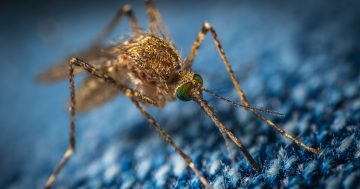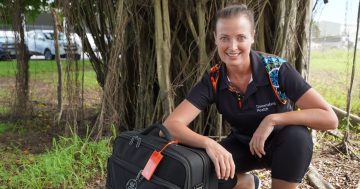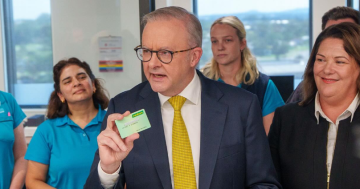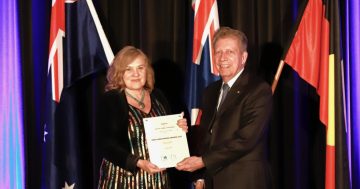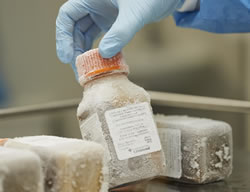 The Department of Health has allocated $2.5 million to Australian Red Cross Lifeblood in order to expand its life-saving Faecal Microbiota for Transplant (FMT) program in the State.
The Department of Health has allocated $2.5 million to Australian Red Cross Lifeblood in order to expand its life-saving Faecal Microbiota for Transplant (FMT) program in the State.
FMT involves collecting excrement from eligible donors and processing the microbiota for transplant into patients suffering from Recurrent Clostridioides Difficile Infection (RCDI).
In a statement, the Department said this was a safe and effective treatment for RCDI with a 70-to-90 per cent cure rate.
“This debilitating, potentially life-threatening bacterial gut infection affects more than 250 Western Australians every year,” the Department said.
“This funding will progress registration of Lifeblood FMT as a treatment for RCDI, which will include the scaling up of production and the development of an enema-compatible product.”
The Minister for Health, Amber-Jade Sanderson saidFMT was a game-changer for many people suffering with RCDI, a recurrent, debilitating condition that, for some, could be fatal.
“Lifeblood has successfully demonstrated that it has met the evaluation criteria — strategic alignment, public interest, value for money, feasibility and risk — and I am thrilled that this life-saving health program will be expanded to help hundreds of people suffering from RCDI each year.”
Chief Executive of Lifeblood, Stephen Cornelissen said Lifeblood was now offering FMTs Australia-wide to hospitals.
“Witnessing the positive impact for patients has been an absolute privilege and we are excited about the opportunities this significant funding contribution will enable us to pursue,” Professor Cornelissen said.




